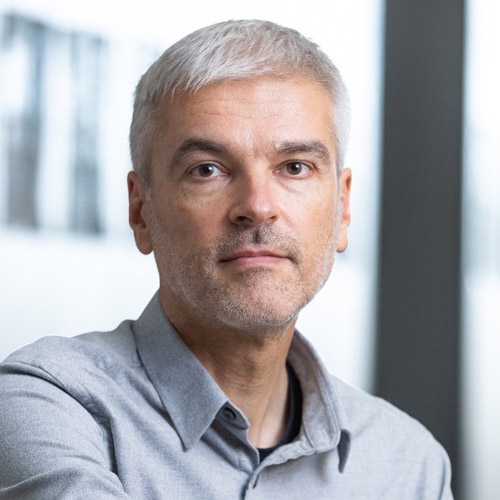Prof. Gregor Repovš graduated from the Department of Psychology at the University of Ljubljana in 1996, where he went on to pursue his professional and research career. After completing his PhD in 2002, he joined the Cognitive Control and Psychopathology Laboratory at Washington University in St. Louis, USA, in 2005 as a postdoctoral researcher, where he focused on the use of functional magnetic resonance imaging in the study of cognition. After returning home in 2008, he established the Laboratory for Cognitive Neuroscience at the Ljubljana Department of Psychology, where he and his colleagues develop research methods and analytical tools and study the mechanisms of the integration of brain function, the role, limitations and properties of working memory, cognitive control and emotion regulation. His research uses behavioural and neuroimaging methods to investigate how brain functions shape cognitive processes and how these in turn shape our experience and behaviour. He passes on his knowledge to students of psychology and cognitive science in courses focusing on cognitive processes, basic and applied cognitive psychology, and cognitive neuroscience.
The arrival of ChatGPT created a buzz among educators at all levels of teaching. Their reactions ranged from “what a disaster, this will lead to even more plagiarism, will pupils/students even do anything on their own anymore?” to “brilliant, finally we will relieve pupils/students of routine work and let them focus on the things that really matter”. The reality is, as always, somewhere in between. In this talk we will explore how memorisation works, what underpins the development of competences, and how we can use this understanding to integrate generative AI into the educational process in the most meaningful way so as to make it more effective for both learners/students and teachers.
LECTURE

